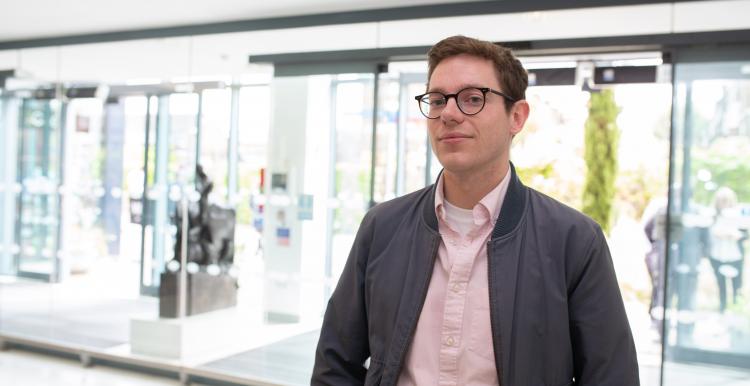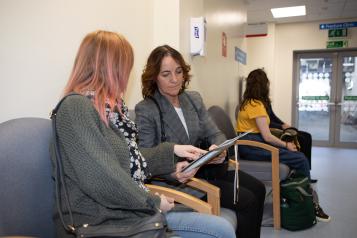It’s Time To Talk

We need to start thinking about mental health the same we do as physical health. Sadly there is a stigma attached to mental health and Time to Talk aims to help change this.
Here are some key figures about mental health that might surprise you:
- 1 in 4 people will experience a mental health condition at some point in their lives – its more common than you think!
- 1 in 6 people report experiencing common mental health conditions such as anxiety or depression in any given week
- 1 in 5 people have suicidal thoughts
- 1 in 14 people self harm
- 1 in 15 people attempt suicide
- 1 in 8 adults with any kind of mental health condition are getting treatment
Some groups are more affected by mental health than others:
- LGBT+ people are 2 to 3 times more likely than heterosexual people experience a mental health condition
- 23% of Black people will experience a common mental health condition compared to 17% of white people
- 25% of young women aged 16-24 experience a mental health condition compared to 17% of adults
- Suicide is the biggest killer of men under the age of 45 in the UK
It is important to say that your identity does not give you mental health conditions. The causes of mental health conditions can be very complex. The higher incidents of mental health conditions in some of our communities is linked to:
- Social inequality and disadvantage
- Discrimination and social exclusion
- Traumatic experiences
- Differences in physical health
We are currently living through a climate of fear and high anxiety due to a global pandemic, and it is too early to say how this will impact mental health in the long term. However from the conversations we have been having with partners and health and social care users, it is clear that poor mental health seems to be on the rise.
This all might seem insurmountable, but even the smallest of conversations can have a big impact, and that is the theme of this years Time To Talk Day. 'The power of small' - small conversations amongst our colleagues, friends, family and in our communities can help to shake off the stigma of mental health and even help someone to think they should seek help.
Through out the week we will be sharing resources and information to help people reach out. We will also be encouraging people to talk openly about mental health and to think of it the say way we do mental health.

